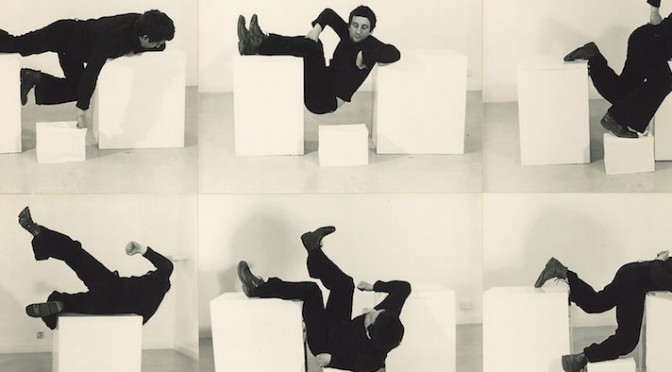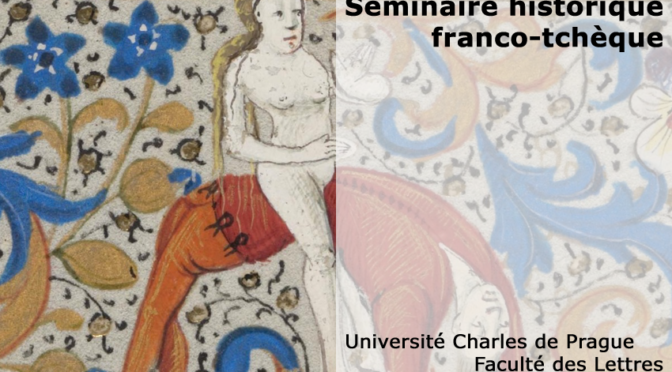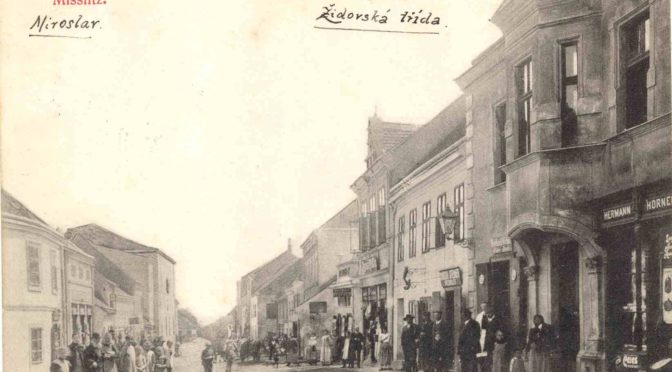Eleventh session of IMS / CEFRES epistemological seminar of this semester led by:
Felipe K. Fernandes (EHESS / CEFRES)
Topic: Markets (Re-)observed
Where: The session will be conducted over a videoconferencing platform. Registration: adela.landova@cefres.cz
When: Wednesday 13 May 2020, from 4:30 pm to 6 pm
Language: English
Text to be read:
- Clifford Geertz: “Suq: The bazaar economy in Sefrou” in: (C. Geertz, H. Geertz, L. Rosen, Eds) Meaning and Order in Moroccan Society, Cambridge [et al.], Cambridge University Press, 1979, p. 123-175

Tenth session of IMS / CEFRES epistemological seminar of this semester led by:
Tereza Sedláčková (FSV UK, associated at CEFRES)
Topic: Multiplicity of Body
Where: The session will be conducted over a videoconferencing platform. Registration: adela.landova@cefres.cz
When: Wednesday 29 April 2020, from 4:30 pm to 6 pm
Language: English
Texts to be read:
- Annemarie Mol: The Body Multiple. Ontology in Medical Practice. Duke University Press 2002. Chapter 1.

A lecture by Jérôme Heurtaux (CEFRES) in the frame of the Franco-czech historical seminar organized by Institute for Czech History of the Faculty of arts, Charles University (FFUK), in collaboration with CEFRES.
For registration, please contact Ms. Landová: adela.landova@cefres.cz.
Venue: Online
Time: 9:10-10:30
Language: French

Ninth session of IMS / CEFRES epistemological seminar of this semester led by:
Rose Smith (FSV UK)
Topic: Cultural Memory
Where: The session will be conducted over a videoconferencing platform. Registration: adela.landova@cefres.cz
When: Wednesday 15 April 2020, from 4:30 pm to 6 pm
Language: English
Text to be read:
Jan Assmann and John Czaplicka : “Collective Memory and Cultural Identity”, New German Critique, No. 65, Cultural History/Cultural Studies (Spring – Summer,1995), pp. 125-133

A lecture by Justyna Majewska (Jewish Historical Institute, Warsaw), in the frame of the seminar on Modern Jewish History organized by the Masaryk Institute and Archives of the Czech Academy of Sciences, Charles University CEFRES and the Prague Center for Jewish Studies.
Where: CEFRES Library, Na Florenci 3, 110 00 Prague 1
When: from 5:30 pm to 7 pm
Language: English
Abstract
Jews imprisoned in the Warsaw Ghetto pondered not only how to survive the present but also in the days to come. The day of liberation was calculated on the basis of rumours, interpretations of wartime developments and Kabbalistic prophecies. In this paper, among different notions of the future expressed by the inhabitants of the Warsaw Ghetto, I especially focus on the perspective of Jews active in various parties and youth movements. I approach the question of what Jews thought about the future, when it would start and what would lead to it within the broader context of the sociology of time. The primary source used in this paper is the Jewish underground press published in the Warsaw Ghetto.

A lecture by Karima Dirèche (Université Aix-Marseille) in the frame of the Franco-czech historical seminar organized by Institute for Czech History of the Faculty of arts, Charles University (FFUK), in collaboration with CEFRES.
Venue: Faculty of Arts of Charles University, nám. J. Palacha 2, Prague 1, room 201
Time: 9:10-10:40
Language: French




